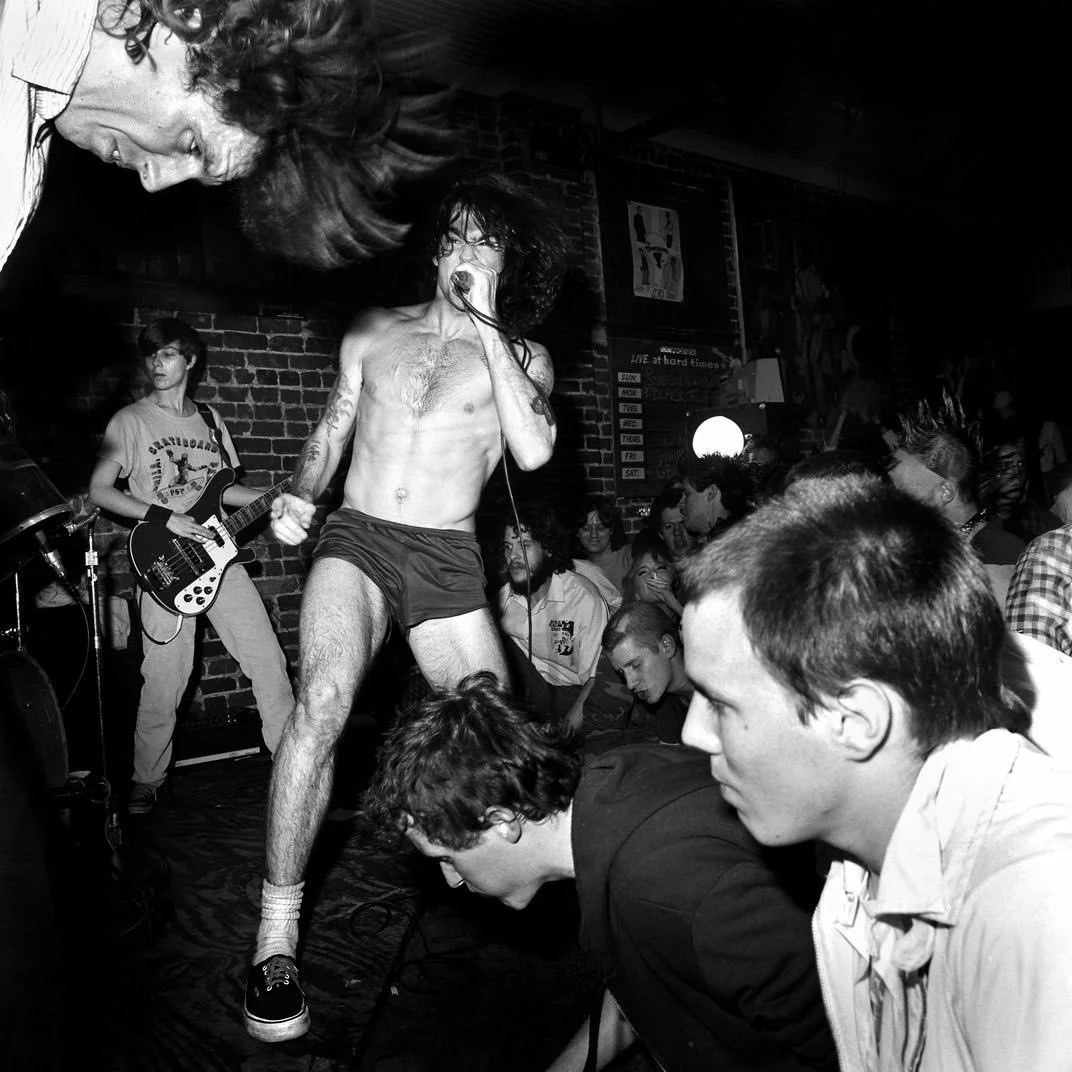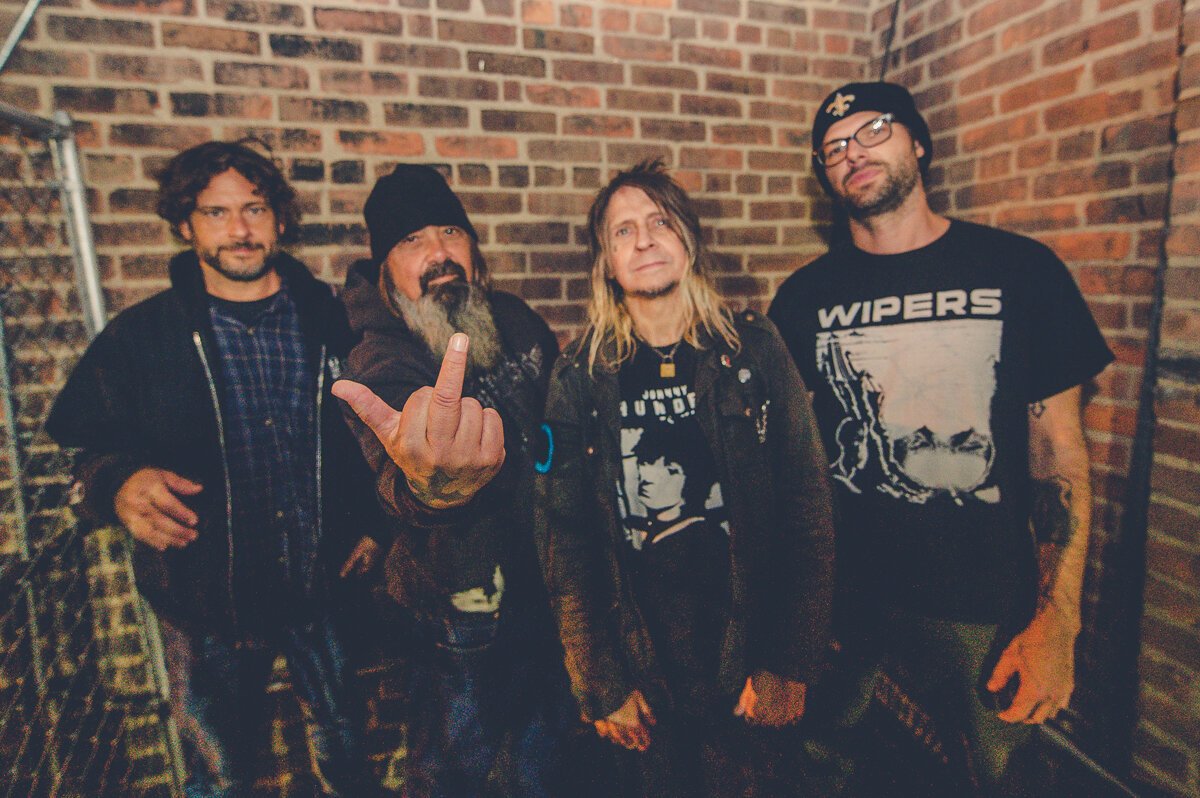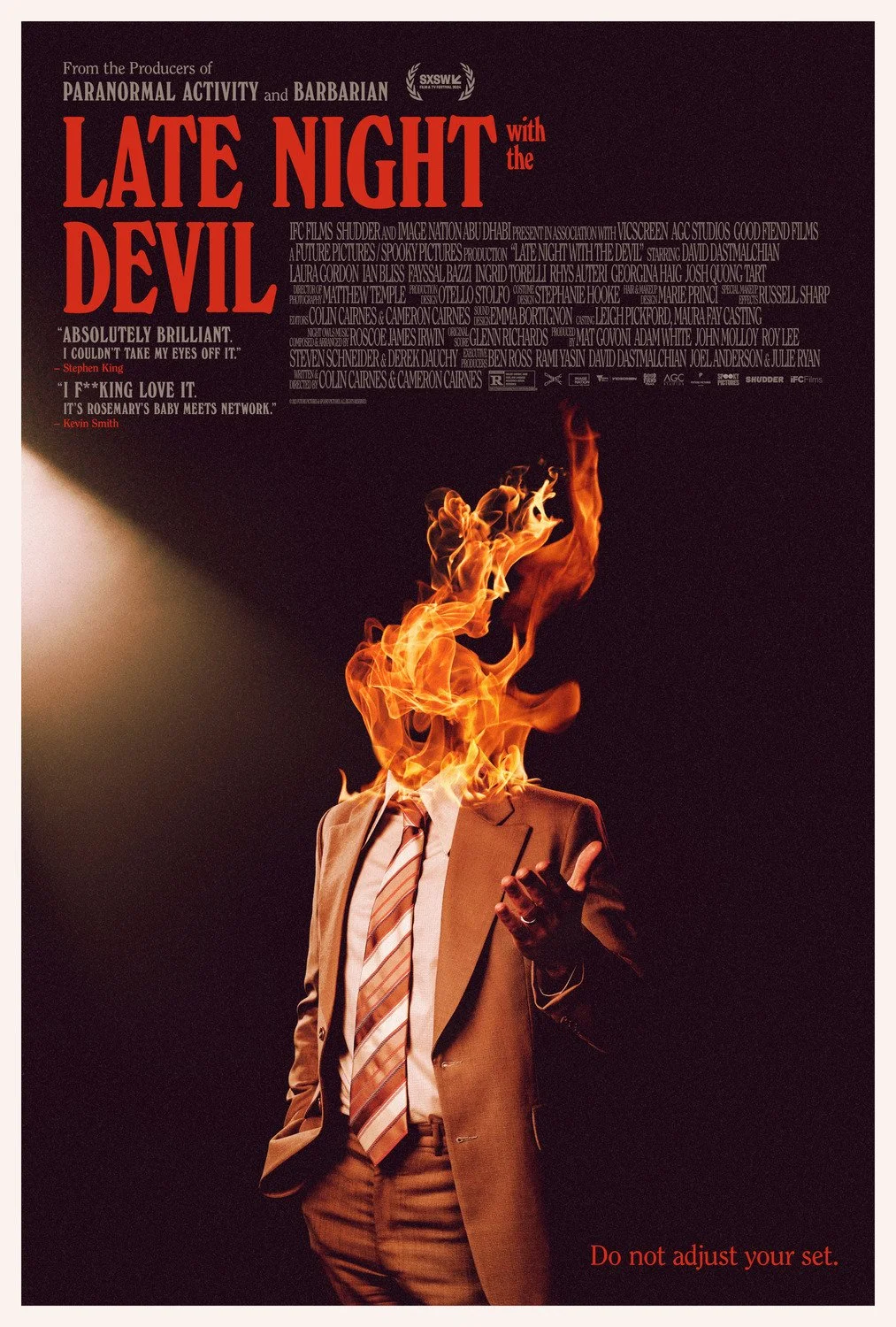A Subjective History of Sludge Metal
In essence, rock and metal are both heavily indebted to blues.
It’s more apparent in the earlier forms of the genres anywhere from Chuck Berry to Black Sabbath, where the loose and improvisational structures and the cathartic lyrics are more prevalent. After all, the almighty Tony Iommi accidentally invented metal by trying to play blues with amputated fingertips. It might not be obvious when listening to Cannibal Corpse, but the idea of riffing itself (which is crucial to metal) was invented by bluesmen.
As we discussed in the chapter about doom metal, the simplicity and the melancholy of blues lives on through the pervasive and immortal influence of Black Sabbath over metal, but what if I told you doom metal rotted and mutated into something even closer to straight up blues…. except a lot harsher and uglier? Sludge metal is music for the alienated and the dispossessed just like blues was, but they’re not exactly the same alienated and dispossessed!
Children, let me tell you the story of how the predominantly American phenomenon of sludge metal came to be. It’s a story about poverty, addiction, neanderthalism and screeching guitar feedback. When done right, it’s one of my absolute favorite genres of metal.
Black Sabbath, Black Flag and Other White People Singing About Pain
Unlike for most subgenres of metal, there’s somewhat of an official birth point to sludge metal.
Hipsters with hindsight will debate the origins of sludge by claiming sludgy riffs could be heard in the seventies, but the first official occurrence of hardcore punk and doom metal being blended together on a record happened in 1983 when Black Flag released their groundbreaking third album My War. The last three songs particularly: Nothing Left Inside, Three Nights and Scream fucking blew people’s minds. It was punk, but played slooooooow.
Black Flag going Black Sabbath on us didn’t come out of nowhere. Guitarist (and main composer) Greg Ginn’s had obvious interest in metal and the world of musical possibilities it offered compared to punk rock and signed doom metal titans Saint Vitus to his label SST Records. Ginn was the first to wonder what the fuck would happen if you mixed two of the most counterintuitive sounds in extreme music.
To no one’s surprise, people fucking hated it at first. Black Flag had a thing for antagonizing their audience and challenging their expectations. But if people hate what you do right off the bat, it’s often because you have something real and Black Flag totally did.
One fan that totally got it was Buzz Osborne, who would be so thoroughly inspired by My War that he convinced his newly formed hardcore band The Melvins to start playing sloooooow. He was 19 years old then. Osborne and his friends Mike Lukin and Mike Dillard (later replaced by Dale Crover and no less than 9 different bassists) would go on and become one of the most influential bands of the late twentieth century. Not necessarily popular, but influent as fuck.
How is sludge supposed to sound exactly? Well, kind of like doom metal, except with screechy, belligerent vocals, the occasional change of tempo (although not every band does it) and the filthiest production and guitar tone imaginable. If doom is slow and steady, sludge is jagged, unpredictable and more hostile in general, but these two are definitely ill-assorted cousins.
How New Orleans Became the Face of Sludge
One of the many, man reasons why VICE went bankrupt is that they hurled a shitload of money into amazing documentary projects about niche subcultures that would interest only me and sixteen other people in the entire planet. Documentary projects like this god-tiered, but absolutely unnecessary documentary on the sludge metal scene of New Orleans.
Seriously, watch if you can. It’s amazing. One thing you learn from it is that everyone’s life changed when The Melvins came to town and played a jangly, dislocated and sloooooow brand of metal no one had ever heard before. Jimmy Bower, Kirk Windstein, Phil Anselmo (yes, that Phil Anselmo!) and the others felt seen by this music and felt compelled to start playing their own brand of slow and filthy music.
In a way, sludge metal is really pure. It was born from the alchemy of inspiration. By just being themselves and performing, The Melvins planted the seed of iconic bands like Eyehategod, Crowbar, Down and Acid Bath, which chronicled the inherent heartbreak of growing up poor and angry in New Orleans.
In hindsight, the most iconic band to come out of the New Orleans sludge metal scene is Eyehategod. They definitely were the least popular then, but it’s their shambolic vision of frustrated nihilism and bodies aching for smack that endured the most. Crowbar and New Orleans supergroup Down were the original flag bearers, but as the sludge metal thrived commercially and creatively, it’s the most striking and uncompromising vision that people remember the most.
A lot of this has to do with Eyehategod’s frontman Mike Williams’ who considered today to be a popelike figure of the genre. His lyrics were inspired by his addiction problems and his anticonformist personality, which created an entire romantic imaginary about being a degenerate in New Orleans. I like to think of him as the Charles Bukowski of sludge metal. Except that he managed to get clean and whatnot.
The characteristics of New Orleans sludge are blues and southern rock riffs, mid-tempo grooves and this violent imagery of drug abuse and hard living. There were other bands in the scene like Acid Bath and Soilent Green who each brought their tweaks and textures to the New Orleans sound, but its core identity remains engraved in the musical roots of the region. New Orleans is slow, hot and filthy like the swamps of the Bayou.
It’s my favorite scene. It’s full of rugged, uncompromising bastards.
Neurosis and the Other Mutants
As you understand by now, sludge metal is something pure. But the genre also spawned its impressive share of uncategorizable mutants. If you’ve been following this series, you already know that it becomes inevitable at some point, in a genre’s evolution.
The pioneers of impure sludge metal are Neurosis, originally a hardcore punk band from Oakland who took a sharp left turn in the nineties and embraced the supremely weird and disqueting on their 1993 record Enemy of the Sun. Sludge metal was a transitory phase of their evolution. I’m not a big Neurosis guy in general (they became too proggy and expansive for my taste), but they come with some absurd fucking stuff in their 1993 to 1999 period.
A major difference between Neurosis and, let’s say Eyehategod, is the atmospheric and predatory quality of the former’s sound. It feels like walking in pitch black darkness and being assaulted by creatures you can’t see as the latter feels more like fistfighting a junkie on the streets of New Orleans.
Neurosis’ weirdo, expensive sound opened up the floodgates for another creative explosion in the periphery of sludge metal. It’s where the line between sludge, doom, stoner and even post metal really gets blurred, but it gave way to an explosion of bands that shared similar gruff and experimental characteristics. Famous bands like ISIS, Cult of Luna or Mastodon, but also more extreme and uncompromising acts like Noothgrush, Japan’s Coffins or Canada’s Dopethrone.
In this creative paradigm of absolute hybridity, sludge simply became synonymous with gruff and abrasive guitars and unpredictable vocals. My friend Jerry from Vox & Hops constantly sends me links to bands that claim to be sludge, but everytime I go like: dude, this is like a blackened grind-prog metalcore band. Primitive Man call themselves death sludge, but it’s just really harsh doom. Certain bands incorporate the old school elements better than others. Gorenoise legend Phyllomedusa used overblown bass and lo-fi production on his 2023 Fijian Effluvium to create one of the sludgiest albums of the year. Listen to that gorilla bitchslap of a record:
There are bands who are still doing it correctly today like Thou and Chained to the Bottom of the Ocean who have committed in stretching the boundaries of what the sound can achieve. If you feel like transmuting psychological suffering into eardrum pain, get into these bands right now.
In 2024, every other extreme band that isn’t death or black metal call themselves sludge or a hybrid of sludge metal. It exemplifies how important the texture and the wrongness of the sound won over people. It’s such a young genre that all the pioneers are still alive and making music, but sludge has become both a genre and a sonic quality that can apply to a wide range of sounds. It’s cool. It shows how such a jagged and emotional approach resonated in a creative landscape that is too often enamored with its own technical proficiency.
Before I leave you, here are five songs to help you better understand sludge metal:
Black Flag - Nothing Left Inside: Arguably the first sludge metal song ever. It was such a wild paradigm shift then. The lingering guitar, the brooding atmosphere, the pained voice of Henry Rollins, it was such a crystal clear representation of what sludge metal is supposed to be. Of what emotions it is supposed to convey.
The Melvins - Going Blind: This is somewhat of a conventional sounding choice from The Melvins, but it has nonetheless that choppy, breathy quality to it that makes sludge metal disquieting. There’s an odd poppiness to Going Blind, though. The Melvins have been much weirder than they are on this song.
Eyehategod - Children of God: Can you hear it? Can you hear Mike Williams and Jimmy Bower’s exquisite suffering? It’s so jagged and dangerous, but soulful and entrenched in New Orleans’ timeless culture. It’s a very counterintuitive proposition, but counterintuitiveness is what Eyehategod are about.
Neurosis - Purify: There’s nothing easy about Neurosis’ sound, but they brought proper dread and atmosphere to a sound that was still struggling to define its stance on these two elements. They are also pioneers in using length in order to deform your expectations and sense of time. A crucial element of modern sludge.
Chained to the Bottom of the Ocean - Ten Thousand Years of Unending Failure: I awarded CTTOBOTO my album of the year in 2023. They make a punishing and relentless blend of sludge that focuses on obsession and repetition. It’s so absolutely painful and crushing. It’s where sludge metal is right now. They are the heirs of the crown.









